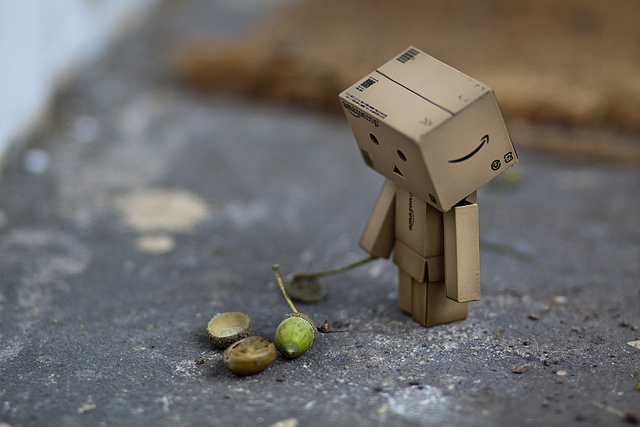I teach a workshop called Making Hard Decisions Easily.
One of the major teachings of the workshop has to do with paying attention to the wisdom of the body (most notably the heart and gut) in addition to the head.
Many of us were taught to make decisions using logical, practical and mental tools. While mental work is quite useful in making sound decisions, the mental work, like pro and con lists, is often overemphasized.
The difficult part of making a hard decision isn’t just that we selectively tune out the wisdom of our body—and are not taught how to pay attention to it in the first place—but it also can be challenging to step back from the mental noise that takes place in our heads about what other people want, need or think.
Sometimes the decision we’re making doesn’t affect others directly, but many times it does. A perfect example is when one person knows that the relationship they are in—be it romantic, platonic or business—no longer makes sense for them to be in, even though the other person may not be aware of this yet. I would argue that if one person in a relationship feels they want out, it is best for the relationship to end, even though on a conscious level the other person may want for things to stay as they are.
But of course, getting from knowing that something isn’t right to doing something about it is not always an easy path. In fact, it can be difficult because, as in the relationship example, it affects someone else directly.
The thing that can make these kinds of decisions hard is our perception of the future pain that we believe we will inevitably have to deal with once the decision is made. When we’re talking about making a difficult decision that affects other people, we’re essentially choosing one kind of pain over another:
If I choose the thing I feel to be true in my heart/gut, I may disappoint and/or hurt someone else. This is the pain of others being hurt and/or mad at us, or the pain of losing approval and/or love from others.
If I choose the thing I think will placate others and make them happy or content, I will regret my decision and potentially resent other people who I felt influenced my decision. Whether this is implicit or explicit, it poses a challenge.
Because we like to avoid pain, a logical question we ask ourselves at this point is, “Which option is worse?”
Guess what? It’s a total illusion that there’s a dichotomy! When/if we come to a place where we know what feels best for us, it is the best choice for everyone.
Why?
How?
First, because the idea that we are going to disappoint others when we make a choice that feels best for us, is just that—an idea. It often doesn’t prove to be true. Looking back on my own dating life, every time someone broke up with me—even though it wasn’t technically my decision—I knew it was the right decision. I knew it profoundly, even though at times it was something I didn’t want to admit to myself.
It was still deeply painful. But was it more painful than a person staying with me out of pity, and having a loveless relationship with resentment? Uh…no.
Second, the pain of disappointing others, while sometimes exaggerated in our overactive minds, is a real thing. However, it’s a finite pain. We disappoint the other person or persons, we deal with that pain, they deal with that pain, and we move on, hopefully. Unless we have other stuff going on, the decision that feels good is usually easier to come to terms with.
When we make the decision using our intuition, we don’t typically second guess ourselves afterwards.
By contrast, when we make a decision that we falsely feel is better for others, there’s no telling how long we will be living with regret, disappointment, and resentment. The longer we live with it, the more it gets lodged into our consciousness, our way of being.
This kind of decision creates a mental groove in which we will default to when we have to make future decisions, ensuring layers upon layers of regret, disappointment and resentment.
How long can this go on?
If we are trying to avoid pain temporarily by trying not to disappoint others, this is the worst possible way to achieve that outcome—because we achieve the exact opposite (more pain!) and in doing so, prolong and deepen our own suffering.
When it comes to making tough decisions, if we really want to minimize our own suffering and the suffering of people around us, we must make decisions that feel good in our own body. They are truly good for everybody.
Love elephant and want to go steady?
Sign up for our (curated) daily and weekly newsletters!
Apprentice Editor: Melissa Horton /Editor: Catherine Monkman
Photo: Sarah Horrigan, Flickr











Read 0 comments and reply